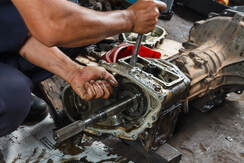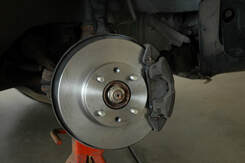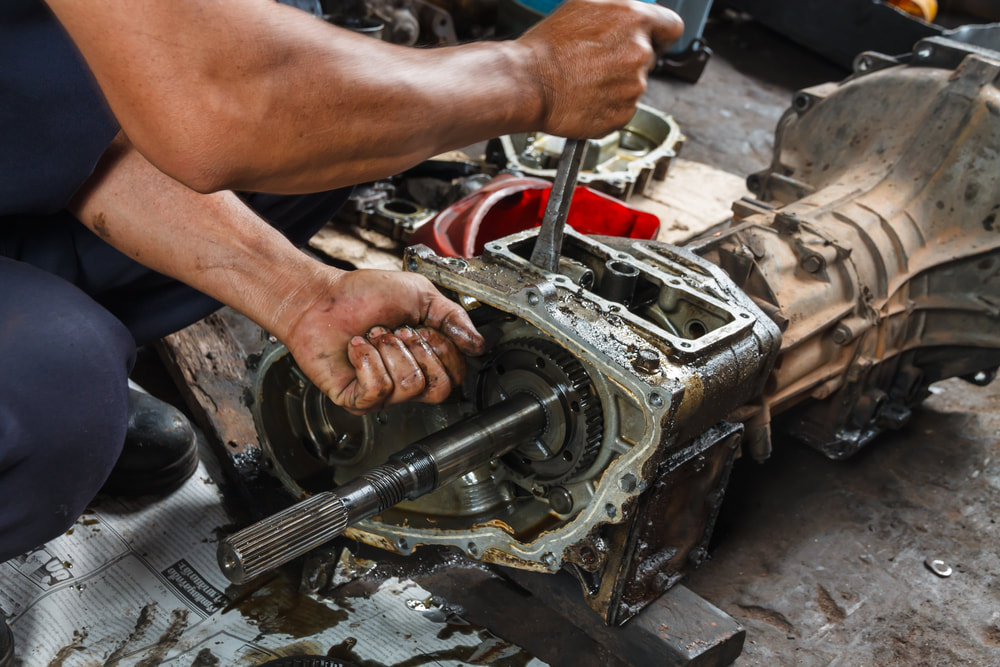Everett, MA Transmission Repair & Service

- Research Shops in Advance: Start your search for a transmission repair shop before you need one. Look for shops with positive online reviews and ask for recommendations from friends and family.
- Experience: Look for a shop with experienced mechanics who specialize in transmission repair. Ask about the mechanic's experience, training and certifications.
- Services Offered: Check to see if the repair shop offers a wide range of services, such as transmission rebuilds, replacements, and regular maintenance. You want to find a shop that can handle any transmission issue that may arise.
- Warranty: Ask about the warranty on the work performed. A reputable transmission repair shop will offer a warranty on their work and parts.
- Customer Service: Look for a shop that offers excellent customer service. Ask about their communication process and if they provide updates during the repair process. You want to feel confident in the shop you choose and trust that they have your best interests in mind.
Transmission Repair Shop Warranties
The length and coverage of the warranty can vary depending on the shop and the specific repair performed. Often, a warranty will cover the labor and parts used in the repair for a certain amount of time or mileage, whichever comes first.
It's important to carefully review the warranty offered and understand the terms and conditions. Ask the transmission repair shop any questions you may have about the warranty, such as what is covered, what isn't covered, and what you need to do to maintain the warranty.
Make sure to keep all documentation and receipts related to the transmission repair to ensure that you have proof of the work done and the terms of the warranty.
Overall, a warranty or guarantee can provide you with confidence and peace of mind when it comes to repairing your transmission. Be sure to ask about warranties and guarantees when comparing transmission repair shops.



 RSS Feed
RSS Feed